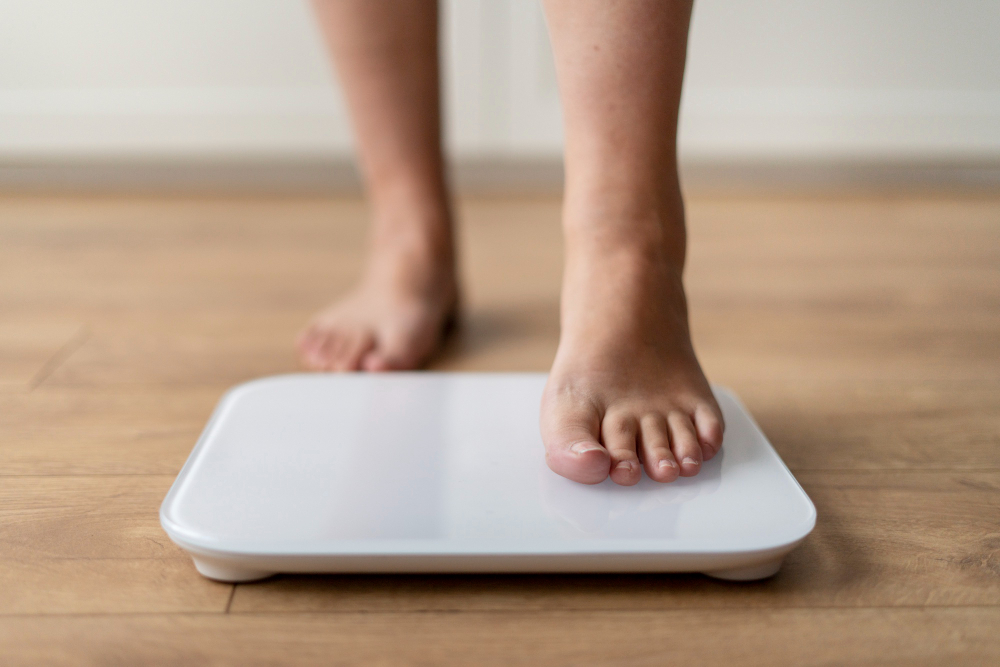Note: This website has been put together by a group of IVF warriors with no medical background. None of the information should be relied on as medical or legal advice, and you should always seek professional advice before making any decisions.
There’s no one-size-fits-all approach to improving fertility, but small changes in lifestyle, diet, and daily habits can go a long way.
There are many things ladies and men can do to boost their fertility. Many have found the book “It starts with the egg” by Rebecca Fett a good reference to understand what to avoid and what supplements to take if you are trying to conceive naturally. While the list below is by no means exhaustive, what might affect most might not affect you and vice versa.



A healthy lifestyle tends to improve fertility. The following are some healthy ways to improve your lifestyle:

If you smoke, quitting will improve your chances of a successful pregnancy

Reduce consumption of alcohol and caffeine

Follow a healthy diet, such as the Mediterranean diet, that is rich in green leafy vegetables, fruit, healthy unsaturated fats and oils, legumes, lean meat, and seafood proteins, together with low-glycemic (slower to digest) whole-grain carbohydrates and avoiding processed foods can help to improve fertility by reducing hormonal disruptions and inflammation in the body.

As being overweight or underweight has been associated with infertility, achieving your ideal weight helps to better your chances of getting pregnant. The amount of fat stored in the female body has an influence over menstrual function.

Exercise moderately. Increasing physical activity not only can help to lose weight (if you are overweight), but it also can help to increase energy levels and promote cell renewal. However, moderation is key. Excessive high intensity exercise can decrease fertility in some men and women.

Another surprising factor that may impact your chance of conceiving and carrying to term is the health of your teeth. Gum disease is caused by bacteria building up between the teeth and gums, causing soreness and sometimes bleeding. Bacteria from gum infections can potentially travel into the amniotic fluid and cause a local immune response. This increases the risk of miscarriage or premature birth.

Take time to relax. Stress has been shown to be linked to lower fertility, possibly due to the hormonal changes that occur when you feel stressed.

In addition to lifestyle changes, taking supplements can help to ensure that your body has all the nutrients it needs. Start taking the supplements as soon as possible (preferably 3 months before you start trying for a family). Most supplements can continue to be taken until after your baby is born, stopping only when you have chosen to stop nursing.

A multivitamin, especially one that is suitable as a prenatal vitamin for ladies, not only helps to prevent birth defects (such as folate in preventing spinal defects), but also helps to restore the function of the ovaries and boost egg quality. Some vitamins can also reduce the risk of miscarriage. Prenatal vitamins are also available for men. These vitamins for men are formulated to support healthy sperm production. They often contain supplements such as zinc, selenium, Vitamin C and Vitamin E.
Folate or folic acid is a B vitamin that the body needs and its deficiency can affect egg quality. Folate is an important vitamin for making new copies of DNA, for cell division and development. These processes play huge roles in early pregnancy by encouraging proper cell division and growth, reducing risks of miscarriage and birth defects.
We’d love to connect with you. Follow us on Instagram and Facebook to stay updated on events, resources, and stories from our community. Whether you’re just starting your journey or offering support, you’re not alone. Let’s walk this together.
IMPT Note: This website has been put together by a group of IVF warriors with no medical background. None of the information should be relied on as medical or legal advice, and you should always seek professional advice before making any decisions.
Fertility Support SG
© 2025 Copyright | All rights reserved
Website Designed by Niche Studio